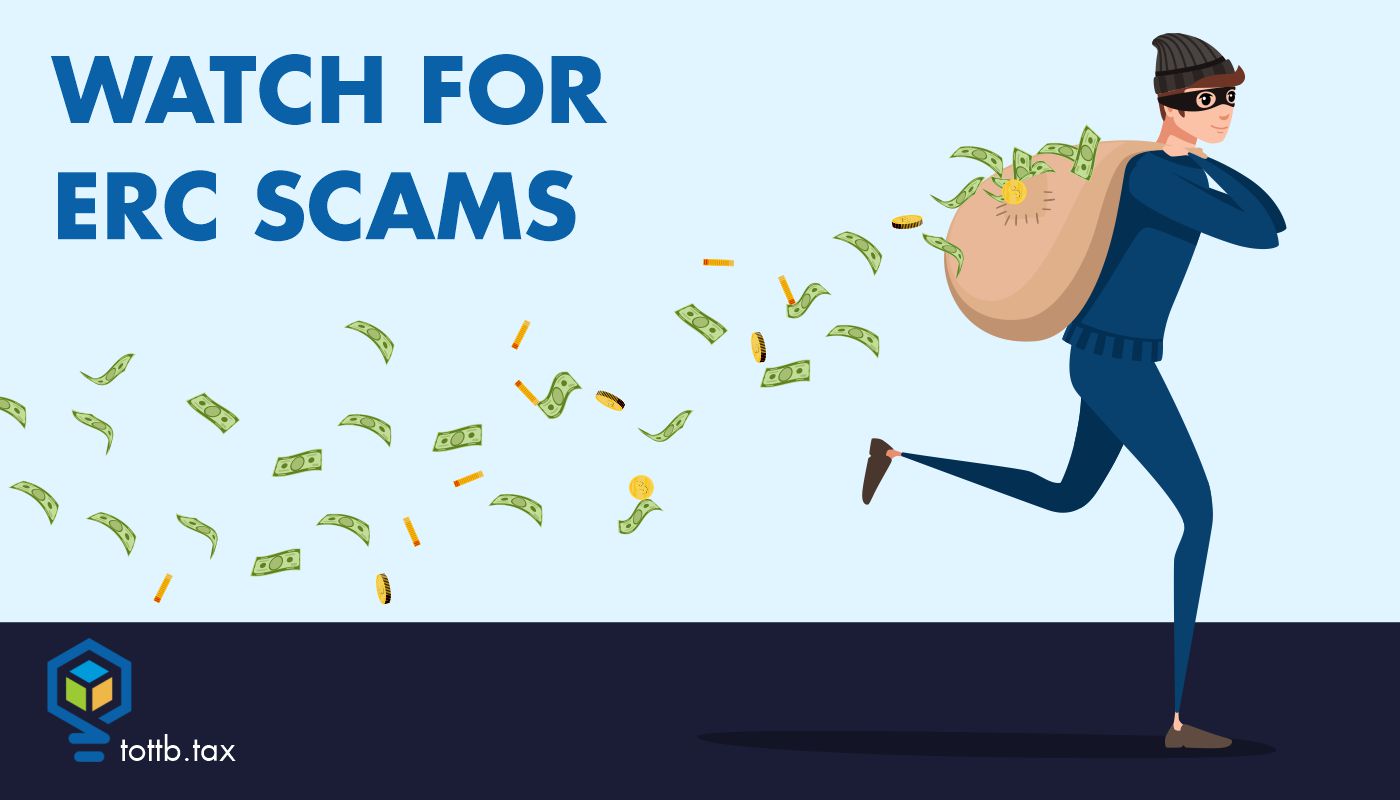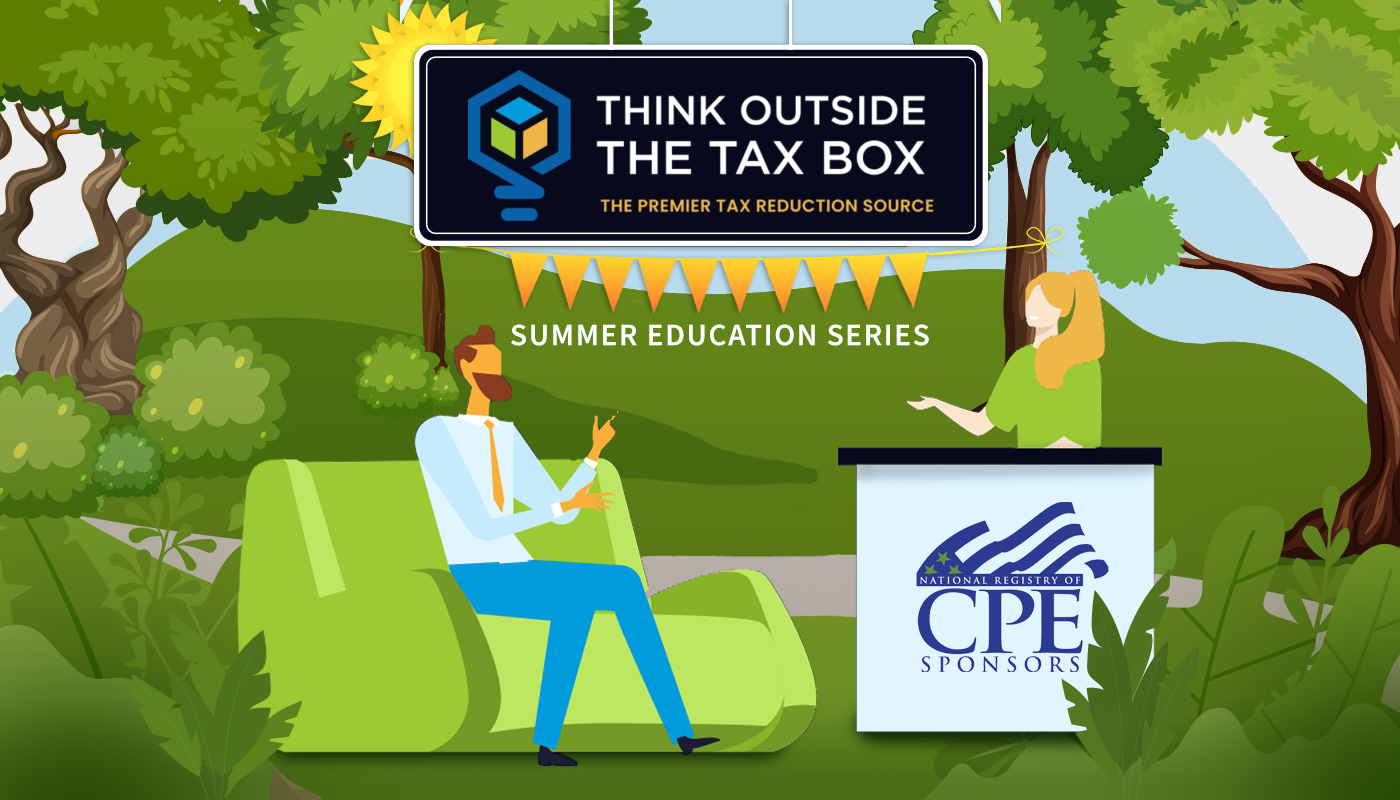How Do Community Property States Affect Tax Returns?
Question: How do community property states affect tax returns?
Answer: While fairly easy to determine your filing status when married (either joint or separate), tax rules get more complicated when you live in a community property state. Generally, the state laws where you live govern whether you have community property and community income or separate property and separate income for federal tax purposes.
Not only do these rules affect how much income is taxable to you, but they also impact rules in things such as deductions, credits, taxes and payments, basis for things like capital gains, and participation rules. In some states, the income you earn after you separate and before a final divorce decree continues to be community income. In other states, it is separate income. Under special rules, income that can otherwise be characterized as community income may not be treated as community income for federal income tax purposes in certain situations.
This year particularly is important for evaluating whether or not to file separately if married, especially if there is a big difference in each spouse’s income. What may appear on the surface to qualify for stimulus and child tax credits, may, in fact, be disqualified once you report community property income.
Click here to see if these disadvantages impact you and how to avoid them.
Read More













